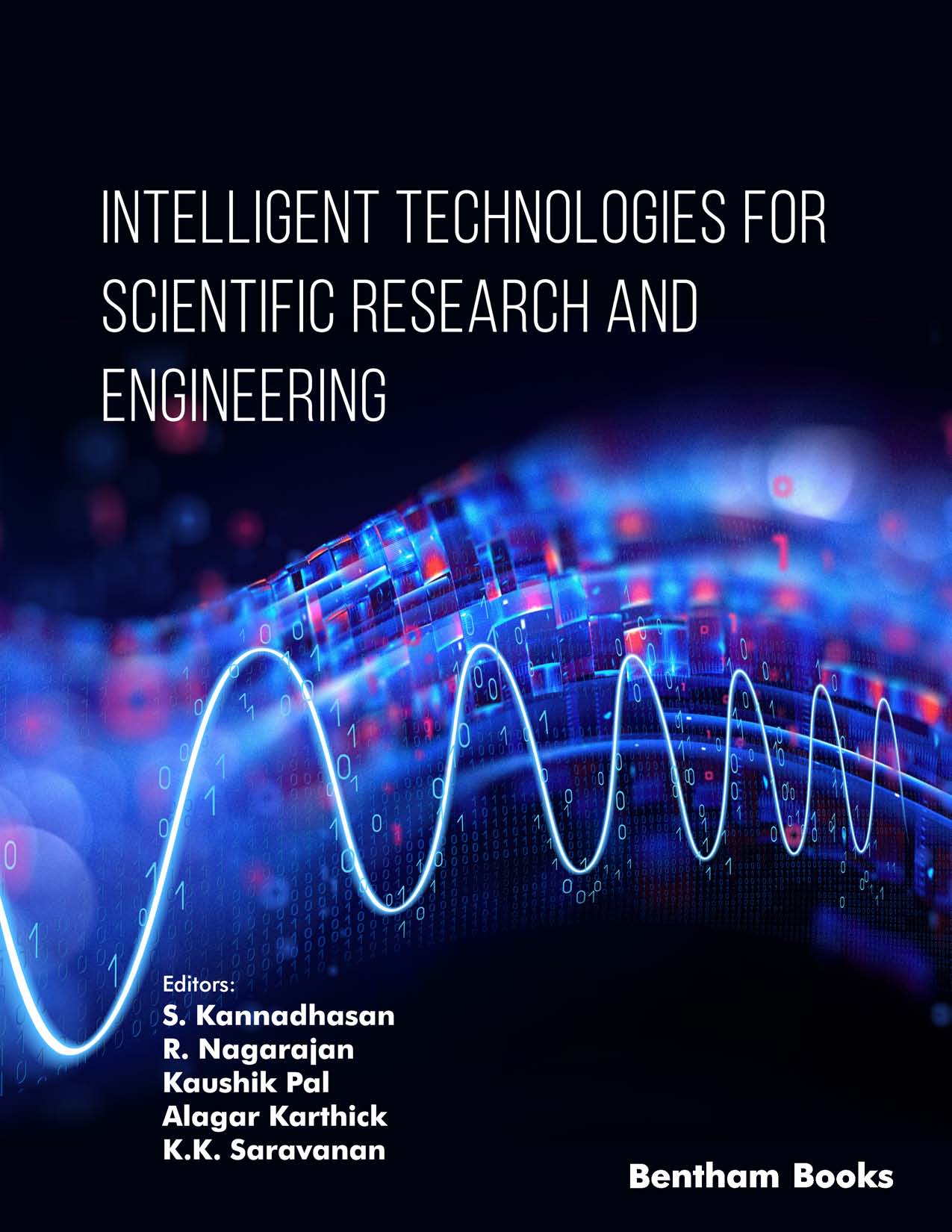Introduction
This reference is a compilation of work from different technology groups that give an insight into strategies used for technology optimization and technical R&D. Each of the 14 chapters presented in the book are contributed by engineering experts and focus on different aspects of smart technologies. The chapters cover a wide range of technical disciplines with a list of references for further reading. The compilation demonstrates methods that are useful to apprentices and researchers involved in the development of technologies in different fields:
- - Wireless networking
- - Signal processing
- - Control and machine engineering
- - SOC design
- - Materials science and nanotechnology
- - Biomedical engineering
- - Power electronics
The contributions in this book provide interesting examples for product development such as custom nanomaterials, digital electronics, smart devices and antennas. The content also serves as a reference for designing special components used for complex systems like wireless communication systems, automated control systems and organic waste processing systems. The content is structured in a format suitable for both learners and advanced researchers, making this reference essential to engineers at all levels.
Audience: Engineers in advanced courses and R&D departments working on smart materials.

